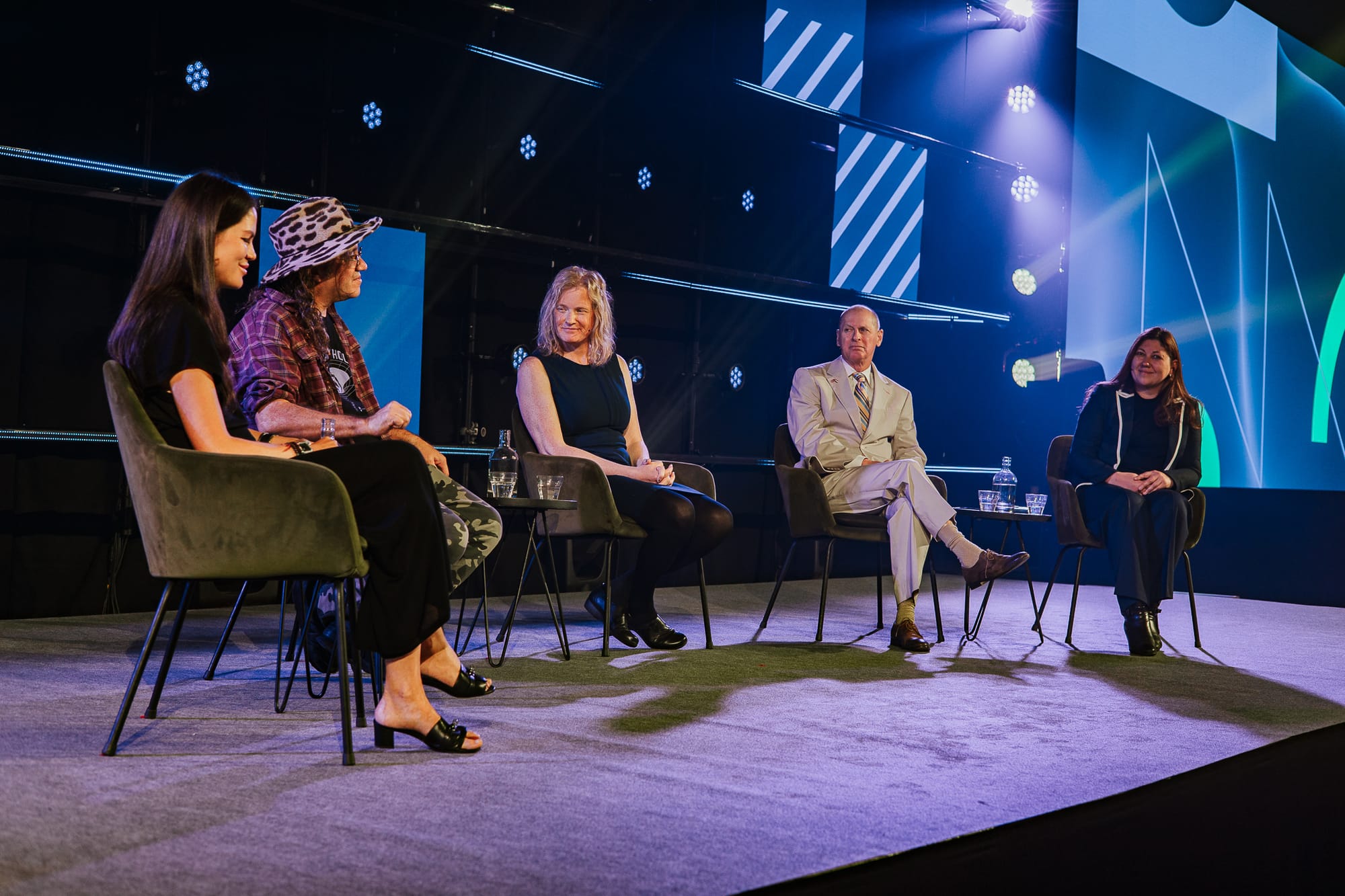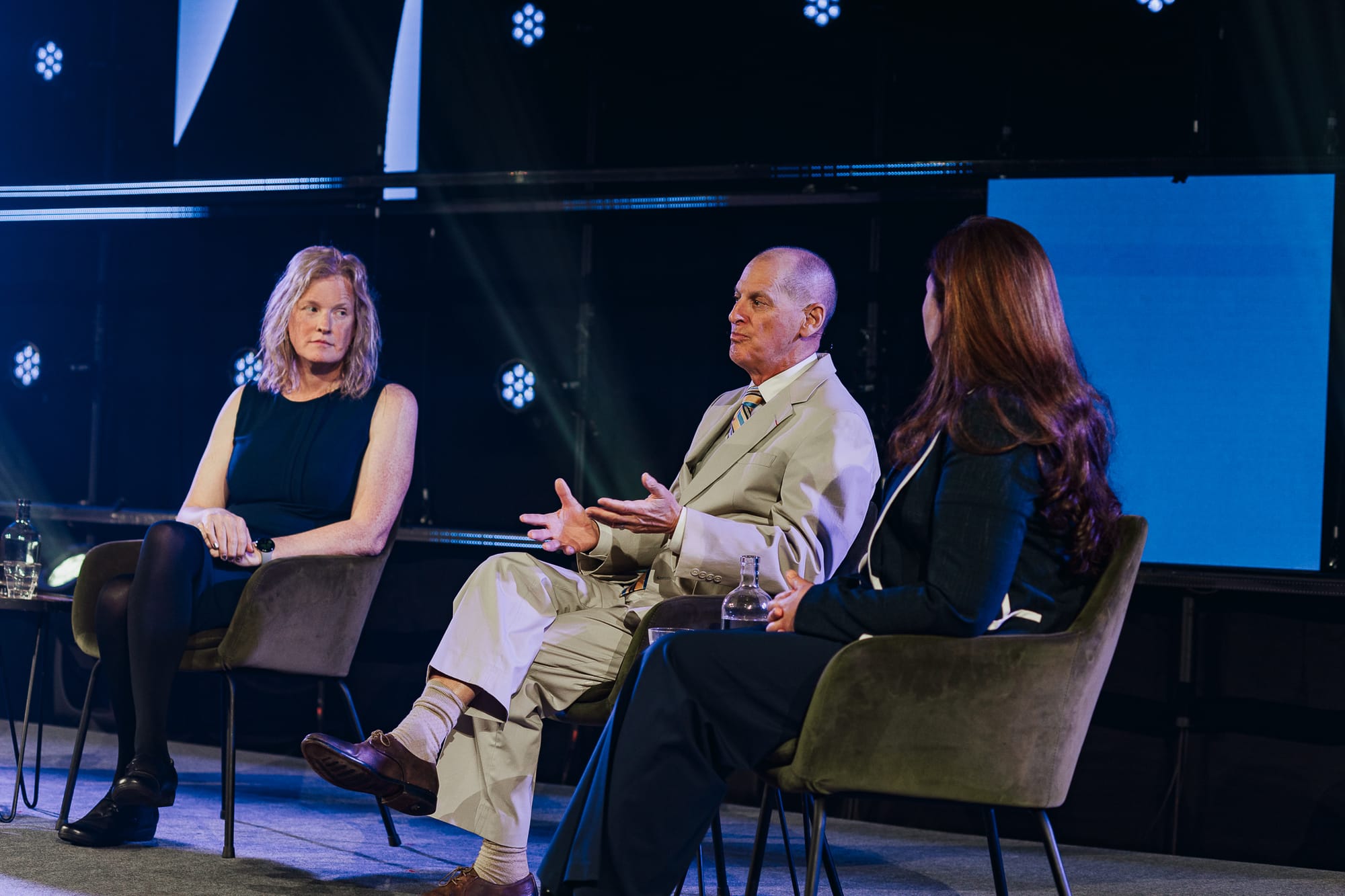Hybrids

This week: how do networks affect our work and our lives?
<<Support my work: book a keynote or briefing!>>
Want to support my work but don't need a keynote from a mad scientist? Become a paid subscriber to this newsletter and recommend to friends!
Research Roundup
Remotely Uncertain
Hybrid Work—is it working for you? Many executives think not but the research suggests a very different story.
A controlled trial with over 1500 employees for that hybrid work “improved job satisfaction and reduced quit rates by one-third” particularly for “non-managers, female employees and those with long commutes” without affecting performance or promotions. It also had “no effect on the lines of code written by computer-engineer employees”. Perhaps most interesting was that “managers in the experiment” went from feeling negative about hybrid work to positive over the course of the experiment as they saw the results roll in.
An earlier paper by the same researchers, did note that employees reduced hours worked on home days but increased it on other work days and the weekend. They also “increased individual messaging and group video call communication, even when in the office, reflecting the impact of remote work on working patterns”.
One area which might not be flourishing in hybrid work is innovation. One analysis of “innovation activity” from an Indian IT firm found that the quantity and quality of ideas did not significantly change during hybrid work. In contrast, when working from home “the quality of ideas suffered…particularly in teams which were not well coordinated in terms of when they worked at the office or from home”. Just as with any other aspect of company culture, hybrid strategies must be intentional and aligned with goals of the organization.
My own research finds that innovation is a function of team dynamics independent of hybrid, remote, or office. Hybrid innovation teams need specific practices and tools to maximize their collective intelligence, such as novel uses of collaborative documents and even machine learning tools (like our AI Matchmaker) to surface risky but transformative ideas.
This Explains Everything
From genetics and drinking buddies, who we are is the results of so many different chance occurrences.
Want to lose weight? Win a spot at an elite university. Attending a “selective college causally reduces obesity, both in the medium and in the longer run”. Why? The results suggest university attendance causes us to move around more and eat less junk food. They also identify “increased income” as a causal factor in reducing obesity, but I suspect that this is actually a peer role-modeling effect: higher incomes are associated with higher conscientiousness, working memory, and emotional stability—all of which cause better diets. So your upwardly mobile peers role-model healthier lifestyles. Is there any other effect?
Want to love thy neighbor? Edit your genetics. Both intelligence and “polygenic scores for cognitive performance and educational attainment” predict “social liberalism and lower authoritarianism” even controlling for SES. Some plausible explanations? Abstract reasoning skills could improve understanding of complex social systems might contribute to social liberalism, but I also suspect that an increased sense of personal agency leads intelligent people to dislike authoritarians who tell them what to do.
In either case the lesson is clear: magically become a different person. (Or maybe we’re more complicated than simple explanations.)
Weekly Indulgence
It was a great honor to speak on a panel at The Next Web in Amsterdam last month.


Stage & Screen
- August 14-15 Napa: Mandrake Capital Partners
- August 23, virtual: more fun with BCG :)
Upcoming this Fall (tentative)
- September 8, Athens: ESOMAR
- September 11, Seoul: World Knowledge Forum
- September 25, SF: BCG Australia
- September 26, Wyoming: Tetons Leadership Counsel
- October 1-4, Singapore: Hyper Island and more! (Book me!!!)
Find more upcoming talks, interviews, and other events on my Events Page.
If your company, university, or conference just happen to be in one of the above locations and want the "best keynote I've ever heard" (shockingly spoken by multiple audiences last year): book me!
SciFi, Fantasy, & Me
For a classic scifi romp in the vein of Firefly or Leviathan Wakes give Cascade Failure a try. The setting may not be entirely novel—a corp dominated, planet hopping future of pirates and rebels (add in Murderbot among others)—but there are reasons these stories work so well. Do the characters well, create a lived-in universe, concoct a mysterious conspiracy, and you have my attention.
Vivienne L'Ecuyer Ming
| Follow more of my work at | |
|---|---|
| Socos Labs | The Human Trust |
| Dionysus Health | Optoceutics |
| RFK Human Rights | UCL Business School of Global Health |
| Crisis Venture Studios | Inclusion Impact Index |
| Neurotech Collider Hub at UC Berkeley | GenderCool |